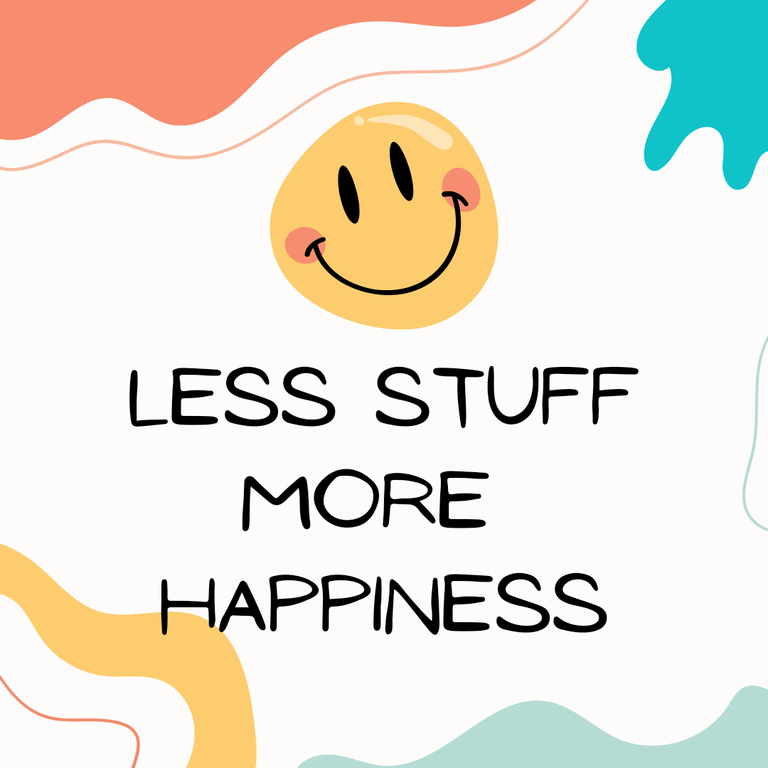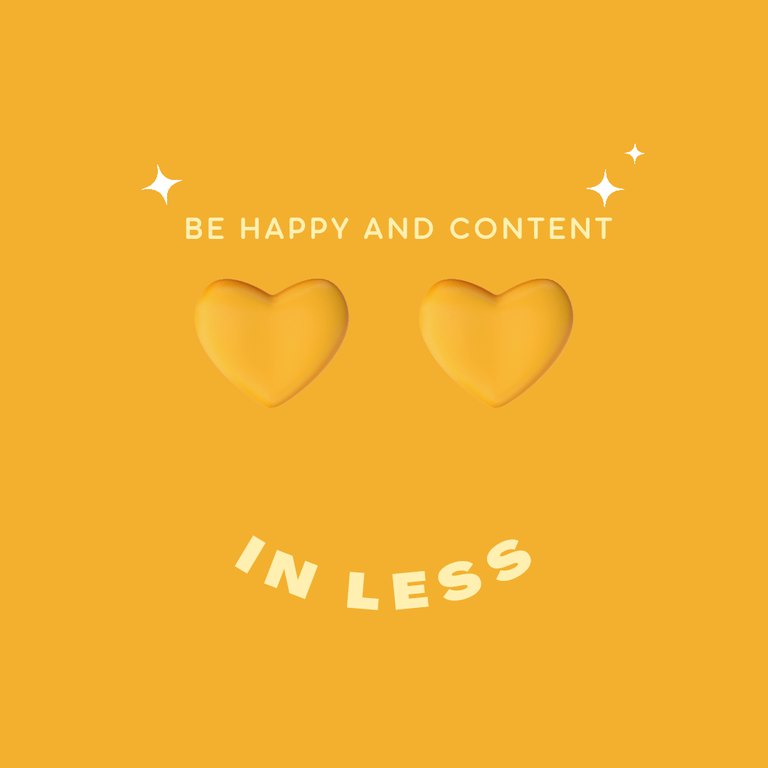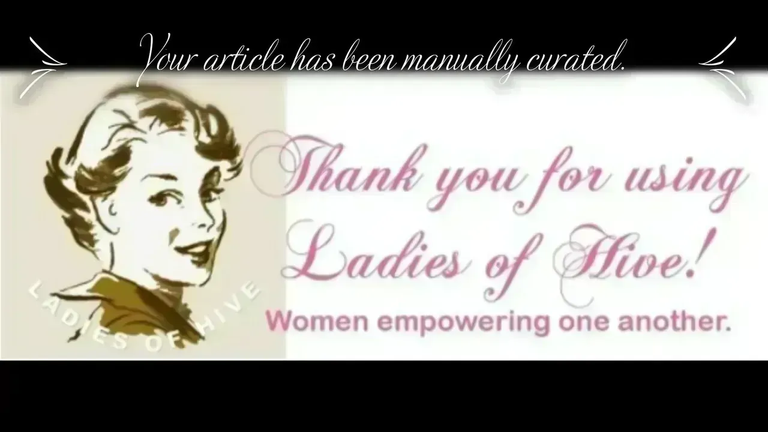Since we are practically born, we are led to believe that more is better. This is the tale we are fed that we need more money and more material things to be happy.
Nevertheless, this often leaves us less freedom, tranquillity, and satisfaction.

The things we amass impact us in myriad ways. They affect the amount of rest we receive at home and the part we can play in the world.
But in a society where materialism appears unchecked and is even supported by many of our leaders and mentors, how can we recognize when we have given in? On a personal level, how can we determine whether we have excessive possessions?
This is a typical occurrence for many households. In fact, according to several studies, seventy-five percent of American homes cannot accommodate the maximum number of automobiles they were intended to accommodate.
The garage, which was first designed to provide a secure location for automobiles, has evolved into a storage facility for items that we either need to use or even remember that we possess. You likely have excessive possessions if you continually move things about to create a room or park outdoors since no space is available.
A dirty room may seem ordinary, particularly if you have children. However, if every part of your home could be more organized and you need help cleaning up at the end of each day, it is time to consider whether you have an excessive quantity of stuff in your home.
Try a routine before bed to see whether this works for you. If you still have excessive possessions even after adopting a deliberate strategy to deal with them, then you have an excessive amount of possessions.

The cost of things is monetary. If you're wondering where your money goes monthly and want to know the answer, browse. The answer might be on your shelves, in your closets, or even in your garage, where it has been stashed.
More money than we know is squandered on goods that aren't necessary in our lives.
If you discover that it is consuming too much time, this may be due to having too much stuff to clean, arrange, and preserve.
I'm not suggesting that you develop a deep affection for cleaning. However, if you say, "I can't believe this took so long," regularly, you will likely have excessive possessions.
What we do teaches our children about life and the essential things. A possible indication that the value of belongings has been overemphasized in your family is that your children consistently expect to receive new toys, clothing, or electronic devices.
I'm sorry for coming across as harsh. It is always a good idea to examine ourselves first to evaluate how effectively we model satisfaction.
Your house must serve as a haven, a place where you can unwind and refresh yourself. However, if you experience worry or anxiety whenever you glance around, it may be because the clutter makes you feel overwhelmed.
An organization's capacity is limited. If you discover that no matter how much you try to arrange things, they never appear to have a permanent location, it may indicate that you have excessive items in your possession.
Naturally, we use only some objects in our houses regularly. However, if a significant portion of your possessions are collecting dust and are utilized seldom or never at all, this is a sign that you have excessive things in your possession.
Unused products occupy space in our physical and mental environments, adding to the congestion and generating a sense of disorder. It is important to remember that the goal is to improve your quality of life by filling your home with items that have value and serve a purpose.
If you have thought I need to declutter but have not taken action to achieve this objective, consider this a significant signal that you have too many items.
However, objects must constantly declutter themselves. On the other hand, we accumulate more with time. Failure to act will result in the buildup of clutter, making cleaning seem much more daunting.
Remember that decluttering is an ongoing effort rather than a one-time affair. Take tiny steps and begin immediately; your future self will thank you.
When a house is disorganized, items tend to be misplaced. Searching for misplaced goods may be irritating and time-consuming. If this situation occurs often, you probably have an excessive amount of things in your home.
Identifying these indicators is the first step in adopting a minimalist way of life.
When you have fewer possessions, you give yourself more freedom, space, and serenity. You can conduct your life with more purpose and concentration on the things that are important to you.
It is an unquestionably rewarding trip despite not always being accessible.
Remember that the objective is not to live with nothing but to create space for everything that enriches your life.
Posted Using InLeo Alpha

